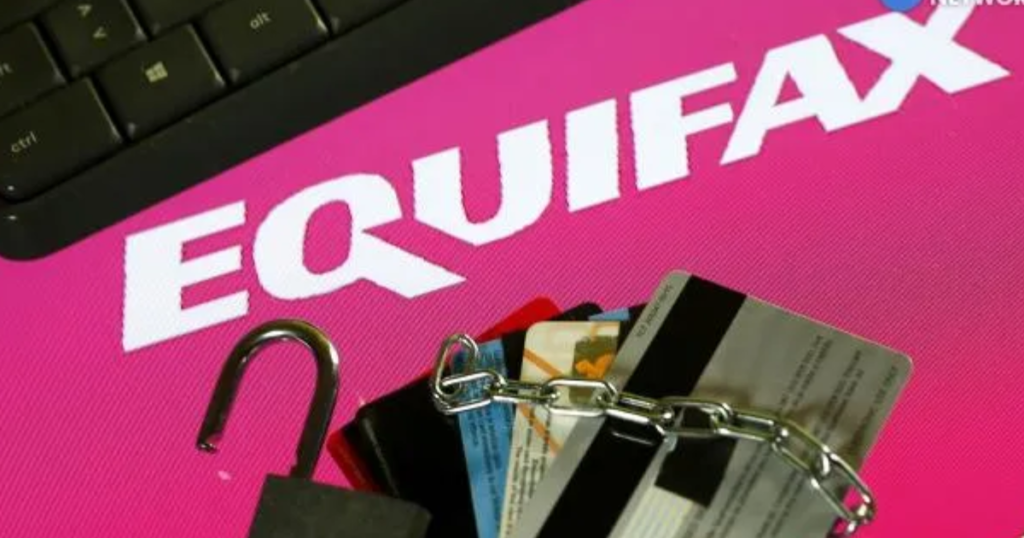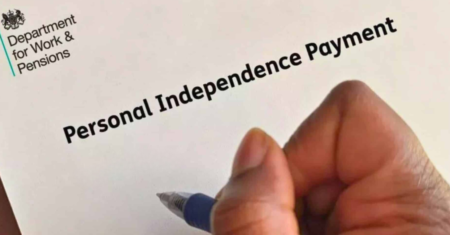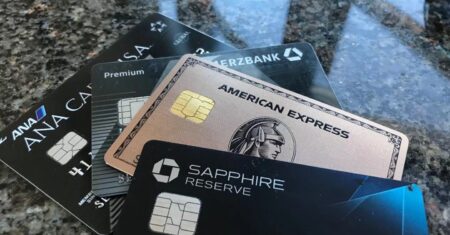
An Equifax credit block, also known as a security freeze, is a way of restricting access to your Equifax credit report, which can help prevent identity theft and fraud. A credit report is a record of your credit history, which lenders and creditors use to assess your creditworthiness. If someone tries to open a new account or make changes to an existing one in your name, they will need your credit report to do so. By blocking your credit report, you can stop them from getting it.
To place a credit block on your Equifax credit report, you need to contact Equifax and provide some personal information, such as your name, address, date of birth, and Social Security number. You can do this online, by phone, or by mail. Equifax will give you a PIN or password that you can use to lift or remove the block later. You can also create an account on the Equifax website to manage your block online1.
A credit block on your Equifax credit report only affects Equifax. It does not affect the other two nationwide credit bureaus, Experian and TransUnion. If you want to block your credit reports at all three bureaus, you need to contact each one separately and follow their procedures2.
A credit block does not affect your credit score or your existing accounts. You can still use your credit cards and pay your bills as usual. However, if you want to apply for new credit or make changes to your existing accounts, such as increasing your credit limit or adding an authorized user, you will need to temporarily lift or permanently remove the block from your Equifax credit report. You can do this online, by phone, or by mail using the PIN or password that Equifax gave you when you placed the block. You can also specify how long you want the block to be lifted for, such as one day or one week.
A credit block is free and lasts until you remove it. You can place, lift, or remove a credit block as many times as you want without any fees1. A credit block is different from a fraud alert, which is a notice that alerts lenders and creditors that you may have been a victim of fraud or identity theft. A fraud alert does not block access to your credit report, but it requires lenders and creditors to take extra steps to verify your identity before issuing you credit2.
A blocked and a frozen credit card are two different situations that can affect your ability to use your card. Here is some detail about the difference between them:
- A blocked credit card is a card that has been temporarily deactivated by the card issuer or the cardholder for various reasons, such as fraud prevention, security, or personal preference. A blocked credit card can be unblocked by contacting the card issuer or using the card issuer’s app or website. A blocked credit card does not affect your credit score or your credit report1.
- A frozen credit card is a card that has been affected by a credit freeze or a credit lock on your credit report. A credit freeze or a credit lock is a way of restricting access to your credit report, which can help prevent identity theft and fraud. If you have a credit freeze or a credit lock on your credit report, you will not be able to open new accounts or make changes to existing ones, such as increasing your credit limit or adding an authorized user, unless you lift or remove the freeze or lock. A frozen credit card does not affect your credit score or your existing accounts, but it can prevent you from using your card for new transactions23.
how to recover your Equifax credit score:
Your Equifax credit score is a number that reflects your creditworthiness and how likely you are to repay your debts. A higher credit score can help you get better interest rates and terms when you apply for credit products, such as loans, mortgages, or credit cards. A lower credit score can make it harder or more expensive to borrow money.
Your credit score is calculated by Equifax, one of the three main credit reference agencies in the UK, based on the information in your credit report. Your credit report is a record of your credit history, which includes your personal details, your current and past credit accounts, your payment behaviour, and any public records, such as bankruptcies or court judgments.
There are many factors that can affect your credit score, such as:
- Your payment history. This is the most important factor in your credit score. It shows whether you have paid your bills on time and in full every month. Late or missed payments can lower your credit score and stay on your credit report for up to six years1.
- Your credit utilisation. This is the percentage of your available credit that you are using. For example, if you have a credit card with a £1,000 limit and a £500 balance, your credit utilisation is 50%. A lower credit utilisation shows that you are managing your credit well and not relying too much on it. A higher credit utilisation can lower your credit score and indicate that you are struggling financially2.
- Your credit mix. This is the variety of credit types that you have, such as loans, mortgages, or credit cards. A diverse credit mix shows that you can handle different kinds of credit responsibly and can boost your credit score. However, this does not mean that you should apply for more credit than you need or can afford3.
- Your credit history length. This is the average age of your credit accounts. A longer credit history shows that you have more experience with credit and can improve your credit score. However, this does not mean that you should keep old or unused accounts open just to increase your credit history length4.
- Your new credit inquiries. This is the number of times that you have applied for new credit in the past 12 months. Each time you apply for new credit, a hard inquiry is recorded on your credit report, which can lower your credit score temporarily. Too many hard inquiries in a short period can indicate that you are desperate for credit or a higher risk borrower.
To recover your Equifax credit score, you need to improve the factors that affect it. Here are some tips on how to do that:
- Pay your bills on time and in full every month. This is the best way to show that you are a reliable and trustworthy borrower and to avoid negative marks on your payment history.
- Keep your credit utilisation low. Ideally, you should use no more than 30% of your available credit at any given time. You can do this by paying off your balances as soon as possible, requesting a higher credit limit (but not using it), or spreading your spending across different cards.
- Maintain a good credit mix. You should have a balance between different types of credit, such as revolving (e.g., credit cards) and instalment (e.g., loans). However, you should only apply for new credit when you need it and when you are confident that you can repay it.
- Keep your old accounts open. Unless they have high fees or interest rates, you should keep your old accounts open and active to preserve your credit history length and lower your overall credit utilisation. You can use them occasionally for small purchases and pay them off in full every month.
- Limit your new credit inquiries. You should only apply for new credit when you need it and when you have done your research beforehand. You can use eligibility checker tools, such as CardFinder, to see your chances of approval before applying and avoid unnecessary hard inquiries.
About the Author






0 Comments